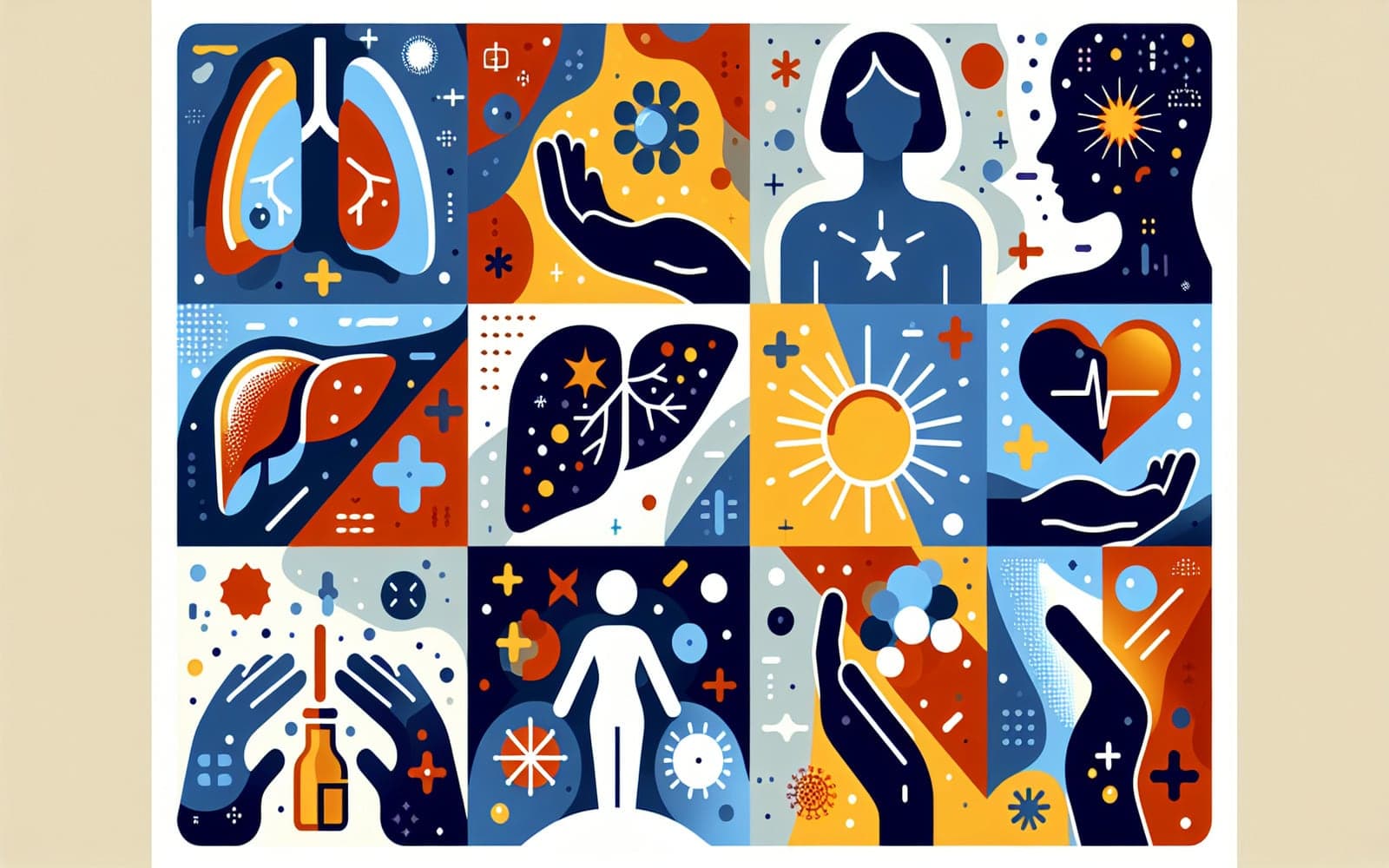What Is Acute Cholangitis and How Does It Affect You?
Published: Mar 01, 2024

Medically reviewed by Allegra Fierro | MD, Icahn School of Medicine at Mount Sinai - New York on March 1st, 2024.
Acute cholangitis is a serious condition caused by an infection in the bile duct. It can range from mild to life-threatening, making it essential to understand its symptoms and treatment.
Contents
Understanding Acute Cholangitis
Acute cholangitis, also known as ascending cholangitis, results from an infection in the bile duct due to blockage. This blockage can be caused by gallstones, tumors, or other obstructions. It often presents with a combination of fever, abdominal pain, and jaundice, known as Charcot's triad.
Causes and Risk Factors
The most common cause of acute cholangitis is gallstones blocking the bile duct. Other causes include tumors and strictures, which can be benign or malignant. Certain medical procedures like endoscopic retrograde cholangiopancreatography can also increase the risk of developing this condition.

Recognizing the Symptoms
Common symptoms include fever, abdominal pain, and jaundice. In severe cases, additional symptoms such as confusion and low blood pressure may occur. If left untreated, it can lead to serious complications like sepsis or liver abscesses.
Frequently Asked Questions
Charcot's triad refers to the symptoms of fever, abdominal pain, and jaundice in acute cholangitis.
It is typically caused by an infection due to a blockage in the bile duct, often from gallstones.
Yes, if severe and untreated, it can lead to serious complications like sepsis.
Diagnosis involves symptoms assessment, blood tests, and imaging to identify bile duct blockage.
Key Takeaways
Understanding the symptoms and causes of acute cholangitis is crucial for timely treatment and prevention of severe complications.
Get started by talking with Doctronic about recognizing and managing acute cholangitis.Related Articles
References
Boey JH, Way LW. Acute cholangitis. Ann Surg 1980; 191:264.
Kimura Y, et al. Tokyo Guidelines. J Hepatobiliary Pancreat Surg 2007; 14:15.
This article has been reviewed for accuracy by one of the licensed medical doctors working for Doctronic. Always discuss health information with your healthcare provider.

